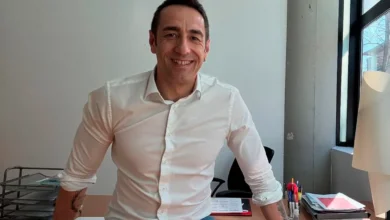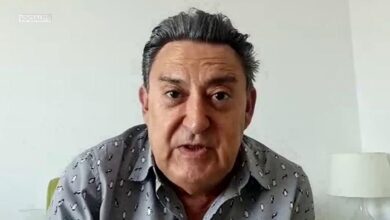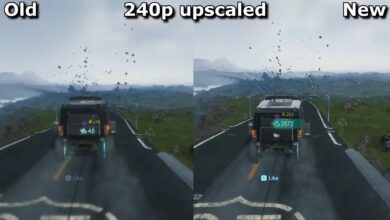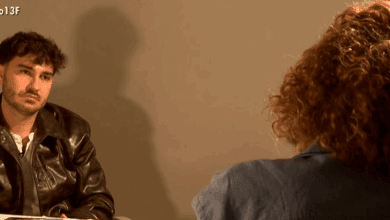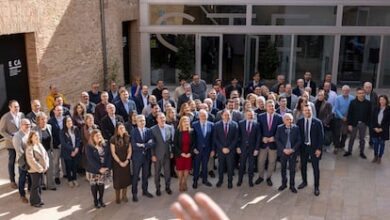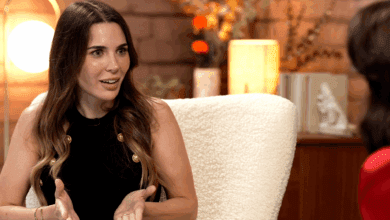
Time for yourself: a gift or a curse?
Contrary to common stereotypes, being single can be an extremely productive period for mental health and future decision-making. A well-being expert explains why this is so and how to make the most of this time.
It often happens, especially after the age of thirty, that someone who is not in a relationship constantly faces prejudice and others’ opinions that question their status. People ask why they are not making an effort to find someone, offer persistent advice about settling down, and even make negative comments that devalue their life.
But while this phenomenon is widespread for sociocultural reasons, in reality, a period without a partner is a real opportunity to improve one’s present and future well-being. It is not a time of waiting, but a privileged space for self-reflection, exploring personal boundaries, and building a strong connection with oneself. Many see this state through the lens of lack, but using it consciously can become a turning point for emotional well-being.
Inmaculada Reinoso, a mindfulness expert and founder of Respira Project, highlights the richness hidden within this stage of life. She notes that solo living is a phase with tremendous potential, because it grants us something we rarely appreciate—time. It’s not about filling it with random activities, but about purposefully using it to better understand ourselves, discover what we enjoy, what benefits us, and most importantly, what we truly deserve.
How solo living strengthens self-esteem and protects against toxicity
If used wisely, this time allows for the development of inner clarity and the strengthening of self-esteem—two fundamental pillars for making more conscious decisions in the future. This is the moment to pause and reflect calmly on what you genuinely want and need. When you learn to be alone with yourself, you begin to recognize your own value, and this is the key to making more thoughtful choices going forward.
The expert adds that this kind of inner work has a direct impact on the quality of future relationships. Choosing a life partner is one of the most important decisions you can make. A healthy bond can inspire, motivate, and provide strong support for both emotional and physical well-being. And the best way to open yourself to this is to first focus on working on yourself.
When you develop inner clarity, it becomes easier to protect your own emotional energy. If you have a clear understanding of who you are and what you need, there comes a point when, if someone doesn’t give you that, you simply stop investing your energy there. This internal validation is what protects you from toxic dynamics or emotional manipulation.
One of the most valuable lessons at this stage is learning to define personal boundaries and standards. Often, the fear of being alone can lead you to accept behaviors that are harmful. Without a clear understanding of what you want, it’s easier to settle for dynamics that hurt you. That’s why setting boundaries becomes an act of self-care, and the first step is always self-reflection. Observe which actions or behaviors cause you discomfort, determine what you need to feel respected and valued, and analyze past experiences to understand what has worked and what hasn’t.
From mindfulness to hobbies: practical steps toward harmony
It is said that a person who does not love themselves cannot give love to another. And that’s not far from the truth. Once someone has worked on their inner world with complete clarity, communicating their boundaries becomes more natural. It’s not just about expressing them, but also about firmly maintaining them, while remembering that the other person has their own boundaries too, and those deserve to be heard.
Inmaculada Reinoso acknowledges that this process is not always easy, and seeking help is a valuable tool. A therapist can guide you in discovering your needs and provide tools to express them in a healthy and constructive way. Living solo also opens the door to personal practices that help deepen much-needed self-knowledge. Among these, the expert highlights mindfulness as a foundation. The ability to be present with yourself, without judgment, paves the way to truly listening to yourself.
Based on this, there are many paths to further exploration: mindful journaling, meditation, or even personal retreats to disconnect from external noise and connect with your inner self. Reconnecting with passions and authentic relationships is another powerful tool. It’s important to rekindle or discover hobbies that are often set aside due to daily obligations; from lifelong friendships to personal projects, hobbies, or new experiences. All of this helps build a solid identity and holistic well-being. And when you connect with your purpose, life gains a deeper meaning that doesn’t depend on whether you have a partner or not.
Spending this time does not mean avoiding relationships or isolating oneself from the world. On the contrary, it is a conscious use of time to deepen personal knowledge, strengthen self-respect, and cultivate healthy boundaries. All of this lays the foundation for stronger and more genuine future connections if they are desired, as well as personal well-being that does not depend on another person’s presence. As the expert emphasizes, being with yourself is not simply a waiting period but a space for profound creativity. It is a time for growth, self-discovery, and making choices from a freer and more conscious position.



